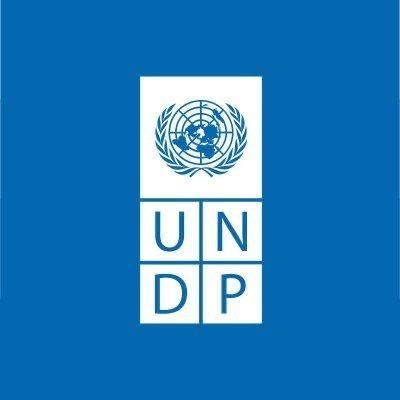Statistics Intern: Communications and digital outreach
Internship
2 weeks ago
Employment Information
Bangkok, Thailand This internship is designed to be in-person and full-time but the work location can be adjusted based on request by the successful candidate.
3-6 months
The ESCAP Statistics Division is guided by the Fundamental Principles of Official Statistics and the Principles Governing International Statistical Activities and by the work programme and the membership of ESCAP. Our mandates arise from a number of General Assembly, ECOSOC and ESCAP resolutions. The core areas of the Division's work include implementing programmes for capacity building in statistics; collecting and analysing data on the region; and publishing statistical and analytical publications. We work closely with the ESCAP Statistical Institute for Asia and the Pacific and organizations that are part of national statistics systems in the region (national statistical offices are our main counterparts); the United Nations Department of Economic and Social Affairs; other United Nations entities; and with many regional and international organizations. The ESCAP Committee on Statistics, in its 7th session, decided to feature the use of Big Data for Official Statistics in its future work with an emphasis on sharing country research, experiences and good practices and facilitating capacity development. Such non-traditional data sources, such as earth observation data, can complement traditional data such as surveys in order to provide more timely and granular data needed by decision-makers to support the 2030 Agenda. The Statistics internship in communications and digital outreach is for at least three months, with an opportunity for an extension of up to six months, depending on the needs of the division and the availability of the candidate. The internship is UNPAID and full-time. Interns work five days per week (35 hours) under the supervision of a staff member in the department or office to which they are assigned.
To qualify for an internship with the United Nations Internship Programme, applicants to the programme must at the time of application meet one of the following requirements: a) be enrolled in, or have completed, a graduate school programme (second university degree or equivalent, or higher); or b) be enrolled in, or have completed, the final academic year of a first university degree programme (minimum bachelor’s level or equivalent). c) no work experience is required but field of study that is closely related to the type of internship is desirable.
English and French are the working languages of the United Nations Secretariat. Fluency in spoken and written English is required for the internship. Knowledge of an additional official UN language is an advantage. Arabic, Chinese, English, French, Russian and Spanish are the official languages of the United Nations Secretariat.
Not available.
Interns are not financially remunerated by the United Nations. Costs and arrangements for travel, visas, accommodation and living expenses are the responsibility of interns or their sponsoring institutions. Interns who are not citizens or permanent residents of the country where the internship is undertaken, may be required to obtain the appropriate visa and work/employment authorization. Successful candidates should discuss their specific visa requirements before accepting the internship offer.




